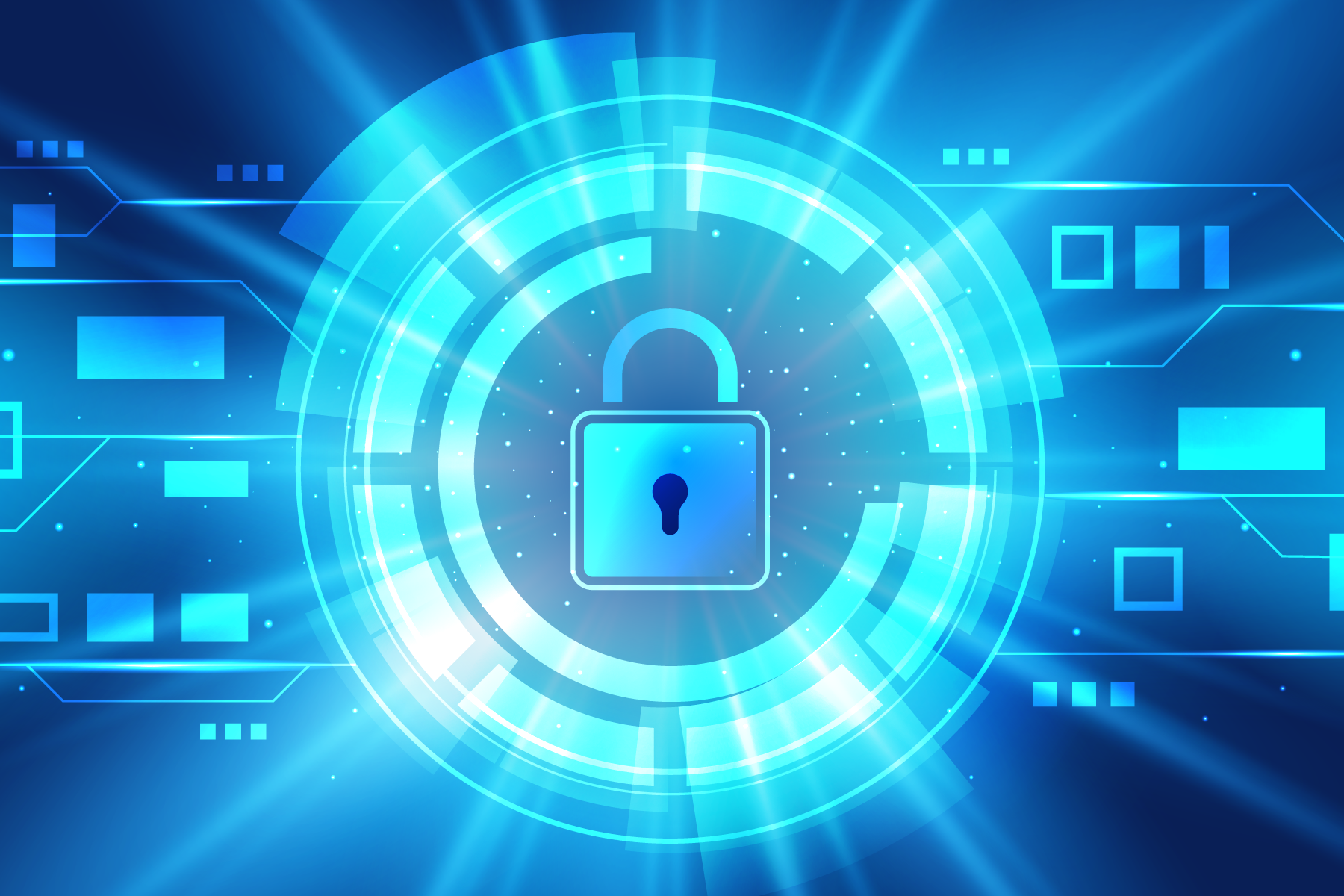By Sid Chudasama on CIO East Africa.
Cyber security has taken its place at the top of every organizations priority list. Laurent Sarr, Director of Technology at GVG, walks us through just how critical cyber security is for a digitally inclusive ecosystem.
Would you be able to recognize an email trail of scams that purport to be from someone you know, but are actually from a group of hackers out to wreak havoc on your IT systems?
Cyber-attacks remain an ever present threat to information security. As rates of data usage and internet consumption continue to increase, cyber awareness and security has been pointed out to be the turning point in how online information will be consumed. Cyber crime is not going anywhere, so what can be done?
This is where the buzzword cyber resilience comes in. “Cyber resilience is a new way of looking at cybersecurity and is the term used to refer to an entity or system’s ability to consistently deliver the intended outcome, despite prevailing cyber events. It involves the ability of a system, or technology, to prepare, respond to and recover from cyber-attacks.” Points out Sarr.
He continues “It has become more important in today’s age of technology since traditional security measures are no longer enough to protect from cyber-attacks.Instead of only focusing on protecting its system or network, it is recommended to put in place strong strategy to reduce the impact of cyber-attacks. To ensure cyber resilience of an organisation, your system must incorporate robust threat protection, adaptability, durability and recoverability measures.”
Business operations rely heavily on technology, as well as, customer service, accounting, communications and more. To avoid setting off any alarms, cyber criminals have become savvier at developing scams and attack vectors to trick victims without disrupting business operations. With cyber resilience in the picture, the criminals can set off all the alarms they want, but business continuity will be ensured through a response that can shut down the criminals.
“Cyber security is a concern for companies of all sizes, with the last few months highlighting its importance for smaller companies. When smaller companies set up their online footprint and databases, they may not have the large infrastructure or workforce to ensure that they constantly protect themselves from attacks.” Averred Sarr. This sheds light on the understanding that cyber security is not just a destination an organization can reach, it is a sustained and calculated effort to ensure that attack vectors are completely shut or minimized.
Security programs continue to evolve new defenses as cyber-security professionals identify new threats and new ways to combat them. To make the most of end-user security software, employees need to be educated about how to use it. Crucially, keeping it running and updating it frequently ensures that it can protect users against the latest cyber threats.



